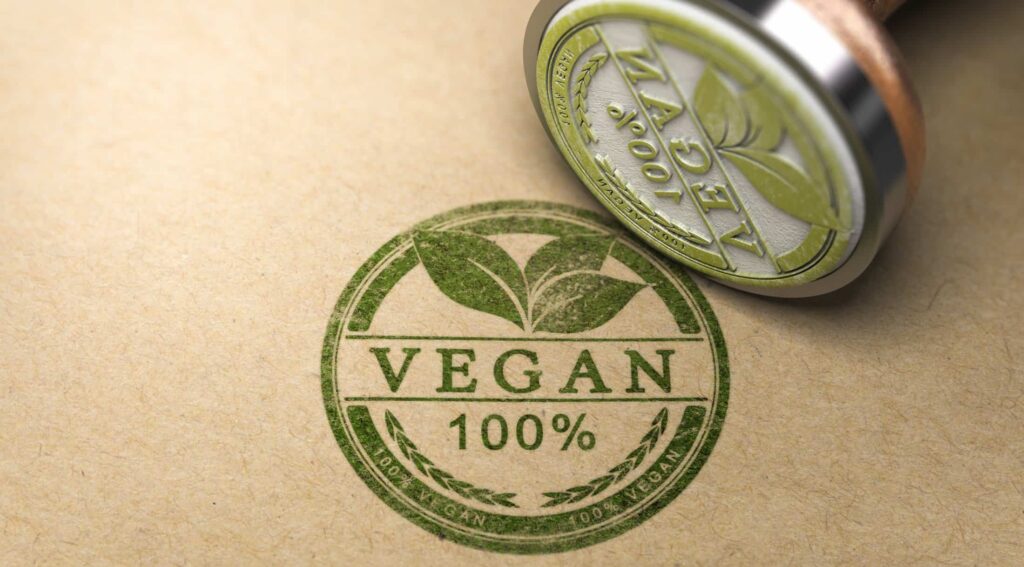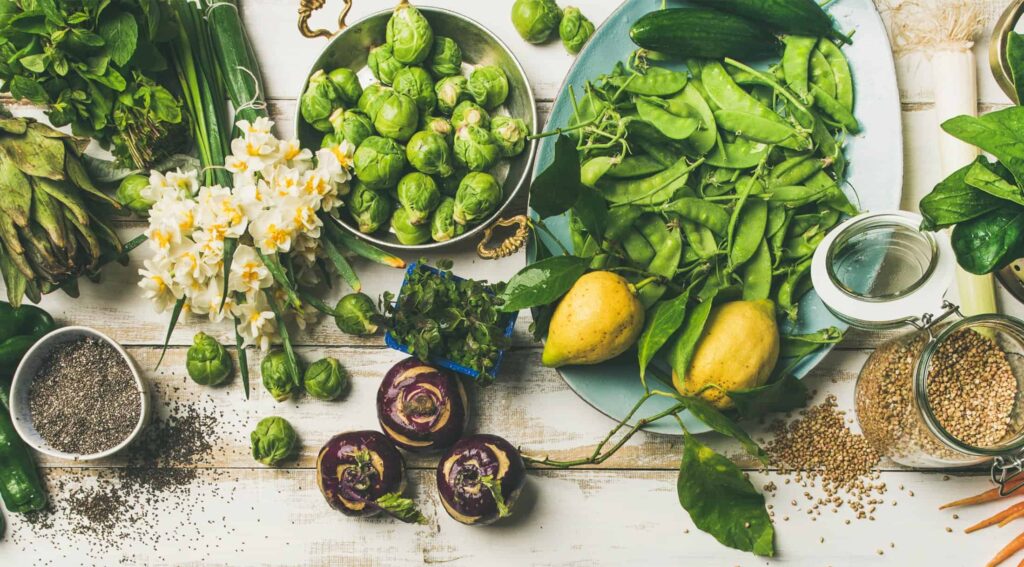Veganism is growing in Australia and sales of vegan-friendly foods have soared over the past five years while beef and lamb sales have stalled and is predicted to start going downhill.
A vegan or vegetarian diet is good for your health. However, if you are a vegan, you need to be careful because your diet could cause your bones, including your teeth, to get weaker.
A study published by The American Journal of Clinical Nutrition has found vegetarians are much more likely to suffer from tooth decay, more acidic salivary (spit) pH levels, and lower stimulated saliva flow than non-vegetarians.
A study titled “Oral Implications of the Vegan Diet” assessed 15 subjects who had been on a vegan diet for at least 18 months and compared their oral health with 15 subjects who were on omnivorous diets. The results showed there was a greater incidence of demineralization in the teeth of the vegan group as compared to the omnivores. Saliva pH was also at a preferable level among the omnivores.
While this study is still at an early stage, it suggests that vegans are much more likely to have poorer dental health than non-vegans. So how can a person who is following a vegan or vegetarian diet protect himself or herself from the effects of their diet on their oral health?
Below are some of the main precautions you need to take if you are a vegan.
EAT FOODS RICH IN VITAMIN B12
A vitamin B12 deficiency can lead to gum disease and eventually tooth loss. Plants do not provide adequate B12, so you need to consume B12-fortified cereals, yeasts, plant milks, and soy products. However, these may not provide you enough B12, and you may need to take supplements to keep up your oral health. The Vegan Society has helpful information on recommended amounts of supplements.
GET ENOUGH REMINERALISING FOODS
Remineralisation is a process which happens when essential minerals that support hardened and healthy enamel are resupplied to the tooth after loss caused by acid erosion. Remineralisation is helped through foods such as cheese, meat and milk. Nuts and leafy greens also help to a certain extent.
Non-vegan or vegetarians can supplement through dairy choices. For vegans who do not follow a dairy diet, the best remineralising foods can be supplemented below:
For calcium, which strengthens tooth enamel and builds strong teeth, eat beans and legumes including black-eyed peas and lentils; leafy greens such as broccoli, collard greens, kale, and spinach; almonds; and calcium-added orange juice or vegan milks such as almond, rice, or soy milk.
You can also keep your teeth strong by eating foods that contain potassium, which controls acid levels within your blood. Without this control, excess acid may deplete calcium levels within your bones and teeth. Good vegan sources of potassium include avocadoes, bananas, potatoes, prunes, sweet potatoes, swiss chard, and tomatoes.
For vitamin D, which helps your body absorb calcium (thus contributing to healthy teeth), good vegan sources are fortified cereal and portabella mushrooms. You can also help your body make vitamin D naturally when you go outside in the sun; just remember to wear sunscreen! You may also wish to consider taking vitamin D or combination calcium/vitamin D supplements.
Phosphorus rebuilds your tooth enamel, and you can get it from vegan foods such as lentils, pumpkin seeds, and soybeans.
SUBSTITUTE IMPORTANT AMINO ACIDS
The amino acid arginine, which is found in meat, poultry, fish, and dairy helps to prevent cavities and gum disease by breaking down dental plaque. While arginine is found in higher quantities in meat, vegan sources of arginine include chickpeas, lentils, and soybeans, peanuts and pumpkin seeds.
FORTIFY ON CALCIUM
For good oral health, your body needs enough calcium to support healthy teeth and gums. Vegans need to supplement their diet with plenty of plant sources that contain calcium such as almonds, leafy greens and beans as well as fortified vegan milks such as almond, soy and rice.
CUT DOWN ON FREQUENT SNACKING
Continual snacking provides an environment for bacteria to thrive and attack your tooth’s enamel. Vegans may be more prone to frequent snacking to meet their body’s need for energy.
Vitamin A keeps your mucous membranes healthy and helps prevent dry mouth. Excellent sources of vitamin A are bright orange foods such as apricots, cantaloupe, carrots, pumpkin, and sweet potatoes. Leafy green foods including collard greens, kale, and spinach are also great sources of vitamin A.
HELP YOUR BODY HEAL WITH VITAMIN K
Your body heals most easily when you have enough intake of vitamin K. Without enough of this vitamin, you may bleed more easily, and it can take longer to heal after an injury or surgery. You can boost your body’s healing processes by eating green vegetables including broccoli, brussels sprouts, collard greens, kale, parsley, and spinach – all great sources of vitamin K.
FOLLOW A NON-SUGARY DIET
If you’re eating a vegan diet with small amounts of protein and fat, you may find that you need snacks to keep up your energy during the day. Sugary and starchy foods (such as bread, cereal, crackers, muffins, pasta, and rice) can feed the bacteria in your mouth that cause tooth decay. Try instead to choose non-sugary snack foods that will replenish your energy, such as nuts, seeds, tofu, and vegetables.
PRACTICE GOOD ORAL HYGIENE
After you eat, take 20 seconds to rinse your mouth vigorously with water to help eliminate leftover food particles and acid. Floss your teeth daily and brush them twice a day for two minutes each time and schedule regular teeth cleanings and dental check-ups. Your oral health is part of your overall health!
If you are a vegan or vegetarian, you need to be mindful of certain key nutrients that you may need to focus on or supplement in your diet. Following the above tips will help you protect yourself from the effects of your diet and to keep your dental health in tip-top shape!
Want to book a consultation? Call our friendly team on 3390 6100 or email us for more information on General Dentistry or Cosmetic Dentistry. Or click here to book your appointment.
Source: Compiled from websites.











0 Responses
i like this article, Tooth decay is one of the most prevalent health problems around the world, and it is prevalent primarily among children and adolescents, but every person in his mouth may develop cavities, and if tooth decay is not treated, the holes may grow and expand, causing severe pain and infections, And even tooth loss and other complications. thanks for sharing this helpful info
Thank you for your feedback